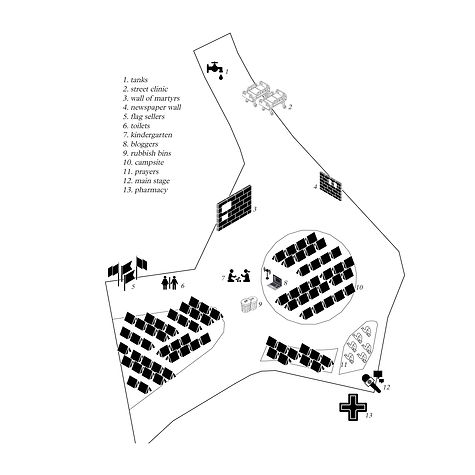top of page


Does it still make sense to talk about the physical attributes of public space in the era of the immaterial and the smart city, within the framework of the developments of the cities of the world, between total migrations and ecological crises? How can environmental issues condition Public Spaces? Is it sufficient to trust in the saving graft of the so-called "green quota" within our cities or is it necessary to investigate with greater awareness the meaning of the terms Environment, Landscape, Ecology? The book reflects around the ancient and new relationships between the open spaces and the communities that inhabit them: it has been clear for some time that the historicist fetishism that for years has annihilated the social demands, watering them down in the cappuccinos of the Starbucks of the Truman Show style vacuum rooms of the suburban shopping malls, it will no longer be able to represent the model of public space that every era claims. A society can be defined as such only when it has the opportunity to confront itself in what, precisely for this reason, is defined Public Space, in its physical, sociological and political dimension.






bottom of page
